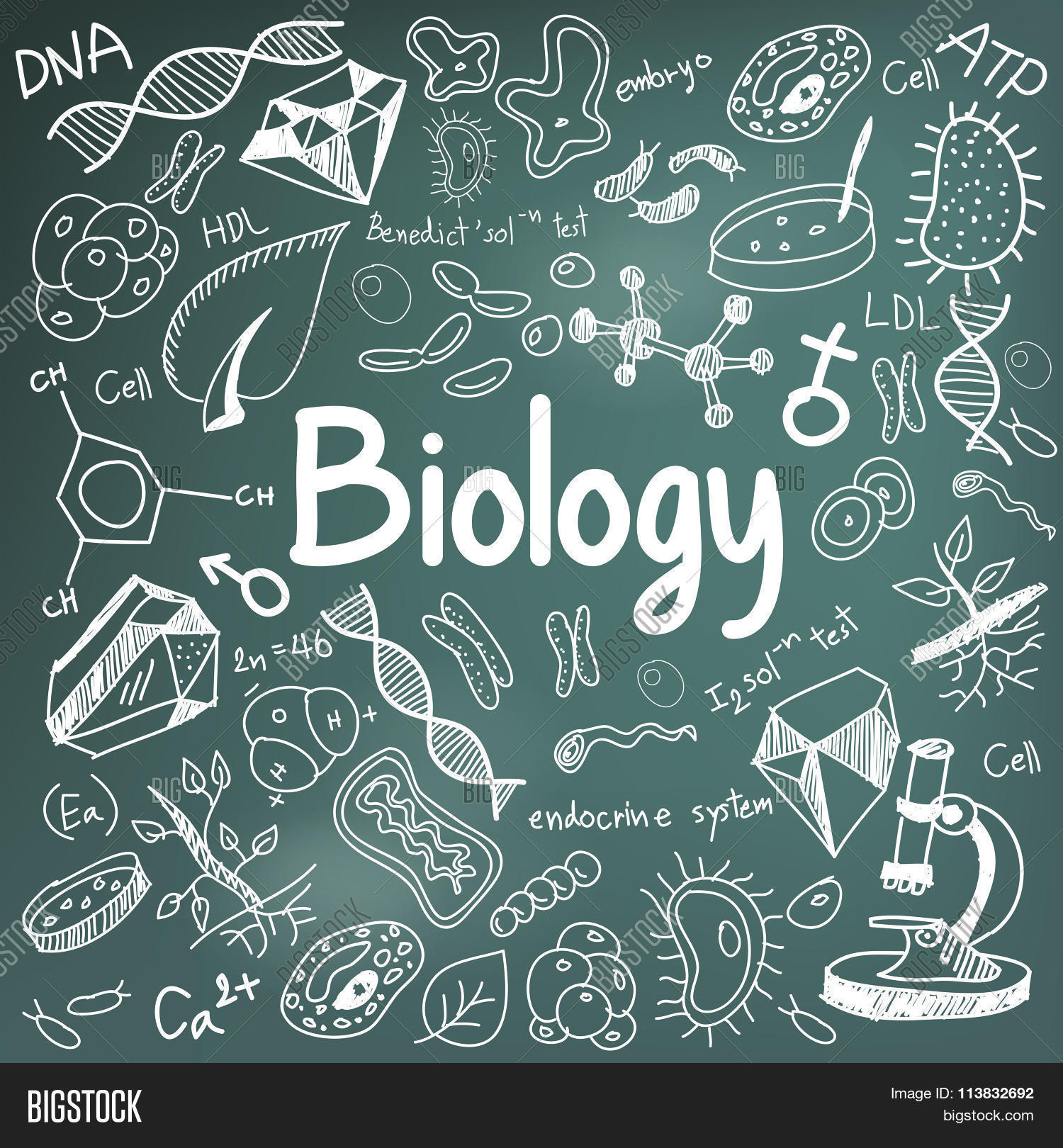The earliest evidence of life on Earth dates back at least 3.5 billion years. Through reproduction and natural selection, life has diversified immensely, adapting to and occupying a vast range of ecological niches. This incredible diversity makes biology a fascinating field of study, presenting both exciting opportunities and significant challenges.
The study of life advances not only due to technological and methodological progress but also through the recognition of patterns, controlled experimentation, and scientific collaboration. Unifying themes provide essential frameworks for interpreting and understanding the living world. The biology curriculum is structured around four key themes: 'form and function,' 'unity and diversity,' 'continuity and change,' and 'interaction and interdependence,' though other conceptual frameworks could also be applied.
2025 Schedule
|
Cycle/date |
Topic |
Activity/Dates |
|
6 September 5-12 |
Topic B1.1 Lipids |
Activity: Google Scholar search (notebook) |
|
7 September 15-22 |
Topic B1.2 Proteins |
12/09: Exercise: Joining dipeptides (notebook) Sep 22 Debate preparation
|
|
8 September 23-30 |
Proteins, Lipids, Carbohydrates |
25/09: Debate presentation 29/09 Laboratory practice Note: The notebook will be taken on the same day. 30/09 ICFES workshop
|
|
9 October 1-20 |
Topic B2: Cells |
015/10: Review 17/10 Mock: Carbohydrates, Lipids, Proteins 18/10 Topic B.2.1 Cells: Membranes and membrane transport
|
|
10 October 21-28 |
Topic B2: Cells |
B.2.2 Organelles and Compartmentalization B.2.3 Cell specialization |
|
11 October 29-November 6 |
Topic B2: Cells |
Quiz: Topic B2 Cells |
|
12 November 7-14 |
Topic B3: Organisms |
B.3.1. Gas exchange
|
|
13 November 18-25 |
Topic B3: Organisms |
B.3.2 Transport B.3.3 Muscle and motility |
|
14 November 26-December 3 |
Topic B3: Organisms |
Final Mock Unit B: Form and function |
|
15 December 4 December 9 |
|
|

- Profesor: Pauline Perry Arbelaez